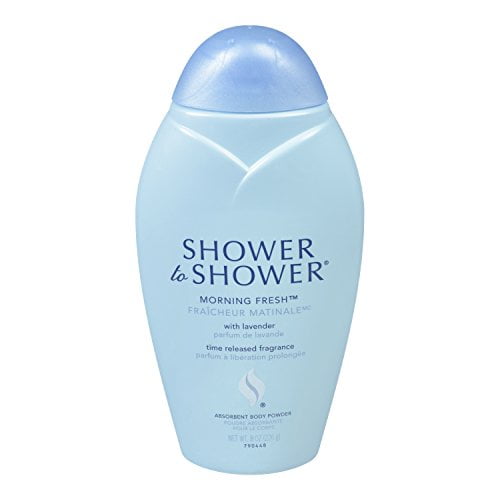

This highlights the important fact that should be remembered in the Summer when you are making a trip to the beach.

Can you imagine? Your body trying to equalize the salt content of the ocean? That’s a lot of water to give off. Well, when in the ocean, the salt content in the seawater is much higher and therefore draws the water in your skin, after the sebum has rubbed off, out into the ocean.

#Does your body absorb water when you swim skin
When you are in a pool, the salt concentrations of H2O in your skin are higher and so the water from outside goes in. In fact, it’s very rare that you will ever leave seawater pruny and water-logged. Furthermore, it takes significantly less time to wrinkle in freshwater than it does in seawater. This means that intermittent contact with water isn’t enough to prompt this unique response. Oddly enough, wrinkles typically don’t appear until you’ve been submerged in water for at least five minutes. The results were fascinating: the subjects with wet, wrinkled fingers were able to pick up the marbles much faster than those with dry hands. He conducted a study in which participants picked up wet or dry objects, like different sized marbles with normal hands or with fingers that had been soaked in water for 30 minutes. Mark Changizi, an evolutionary neurobiologist, found that not only are the wrinkles strategically placed, but that this pattern helped drain the skin’s water away from the fingertips to help provide a drainage network that ultimately improved grip. This natural occurrence channels water away from fingers and toes during wet conditions, which helped our ancestors maintain tighter grips while gathering food from wet vegetation or streams. As explained by the Scientific American, several laboratory tests indicate that wrinkly fingers help improve our grip on wet or submerged objects. Though osmosis undoubtedly plays a role in post-water wrinkles, scientists believe that this spontaneous reflex is mostly the result of human evolution. This swelling causes the outer layer of skin to stretch, but because it’s still attached to the tight layers of skin beneath the surface, the expanded outer layer is forced to wrinkle. After some time submerged in a body of water, the dead cells on your skin’s outer layer start absorbing water, which causes them to swell. After soaking in the tub or pool for an extended amount of time, your skin loses the protectiveness of the sebum layer, becoming more porous and prone to water exposure. When determining what factors contribute to dish-pan-hands, we must turn to the concept of osmosis. We tend to think of ourselves as walled off under our skin but it is actually this sebum that keeps us from bloating up with water every time we get into the pool. To talk more scientifically, the sebaceous glands in your skin produce an oil called sebum (SEE-bum) that acts effectively as water-proofing while also lubricating and protecting your skin. It is important to remember that your skin is actually waterproof! Think about it: your skin doesn’t soak up the water like a sponge when you get out of the shower or tub – instead you use a towel to whisk away the moisture on your skin. While these side effects are virtually harmless and natural for all humans, you might be surprised to learn the science behind this pruney problem. Have you ever enjoyed the relaxation of a long bath or soak in a hot tub, only to find your skin wrinkled and pruned once you get out? Maybe you’ve experienced the utter exhaustion after a day of playing at the beach or splashing around at a pool party.


 0 kommentar(er)
0 kommentar(er)
